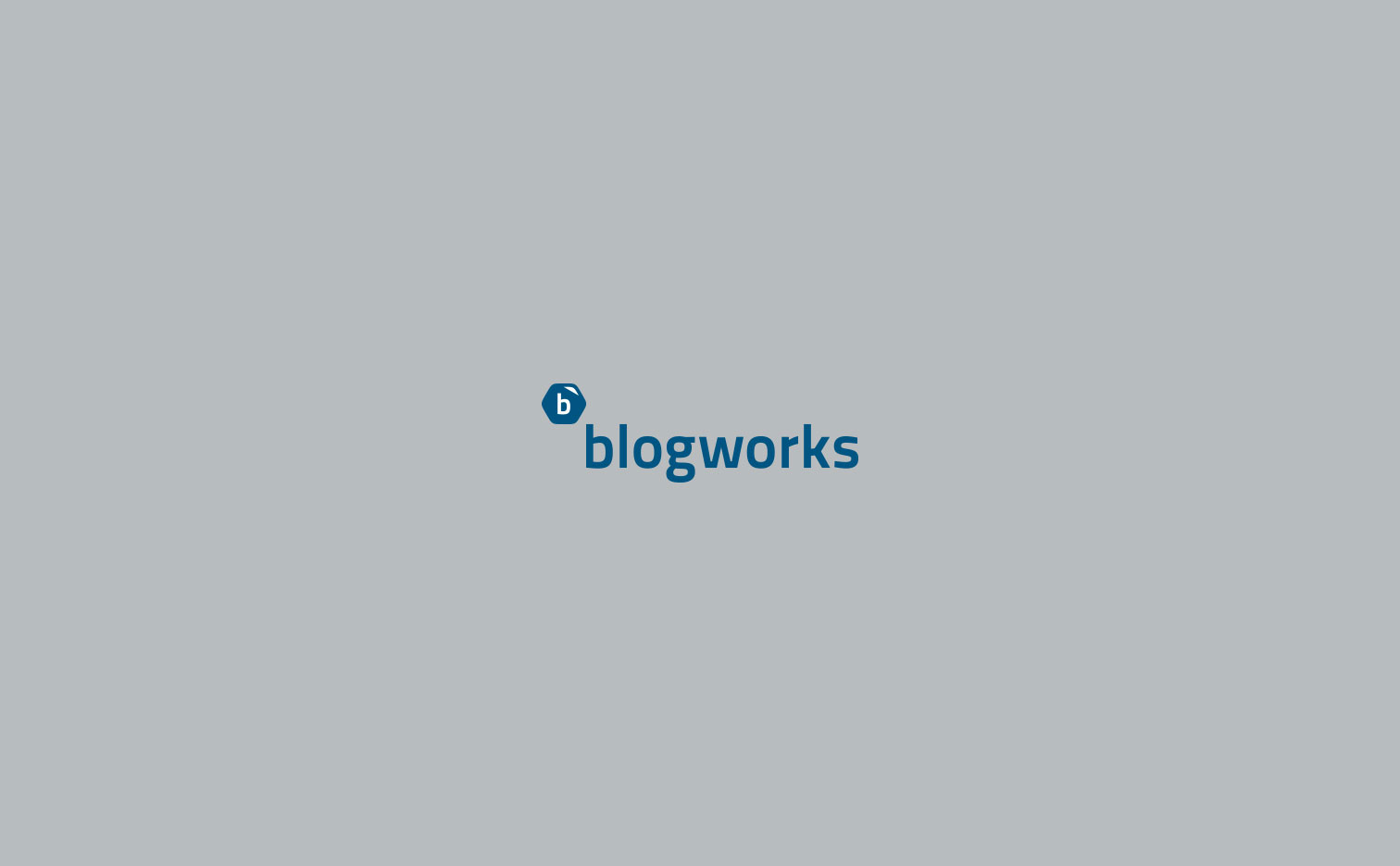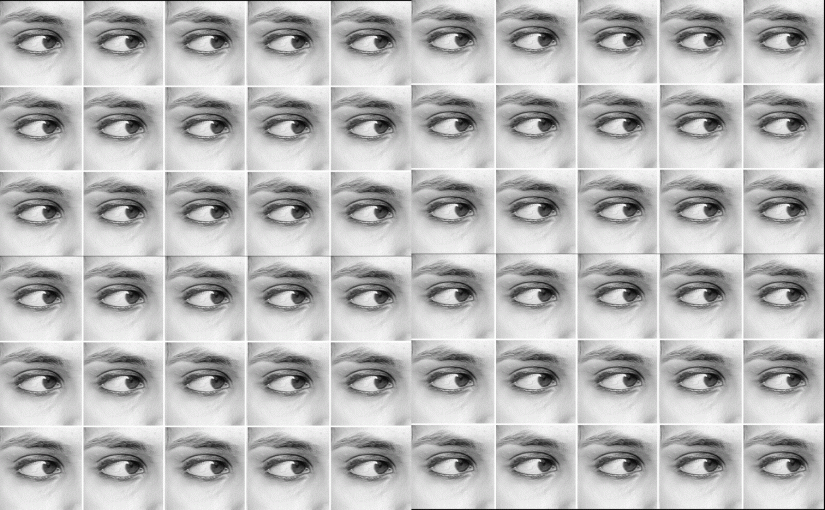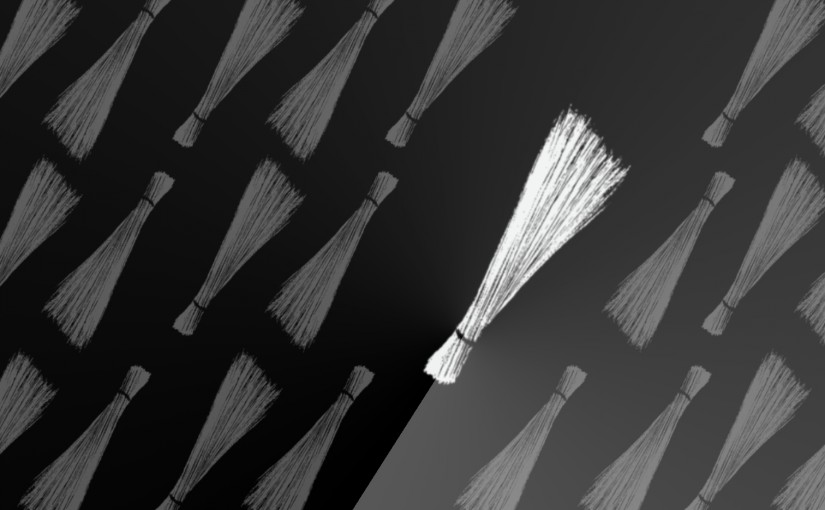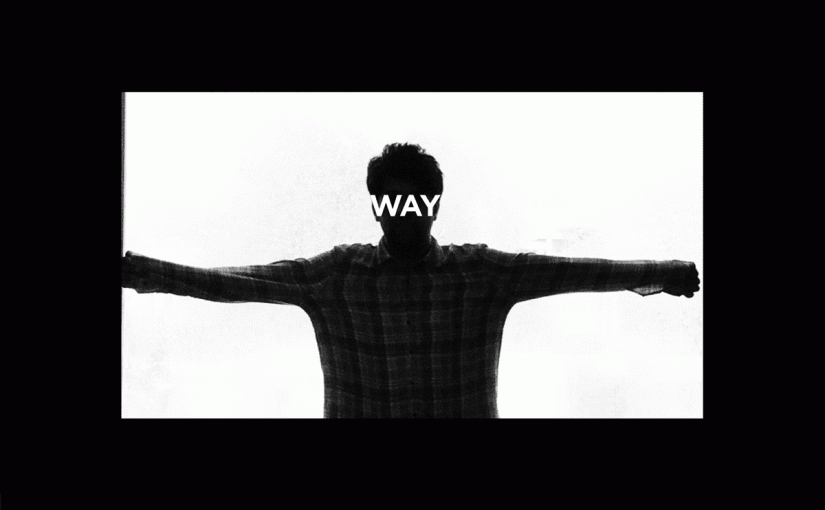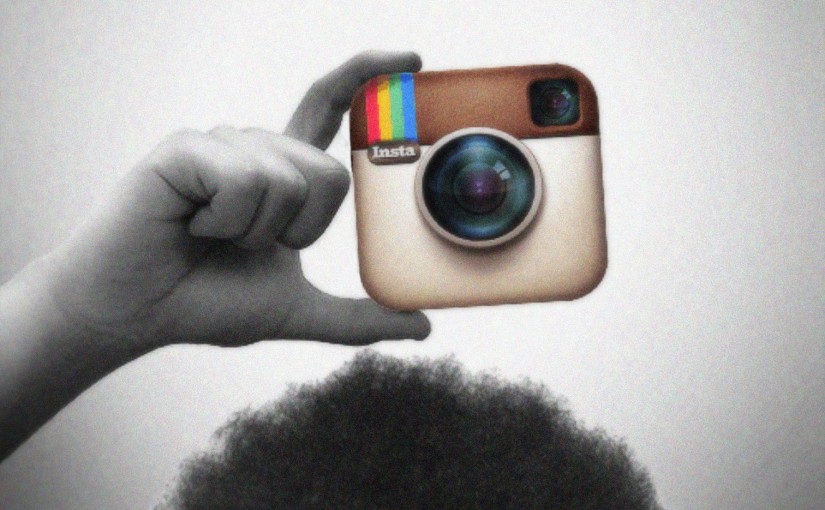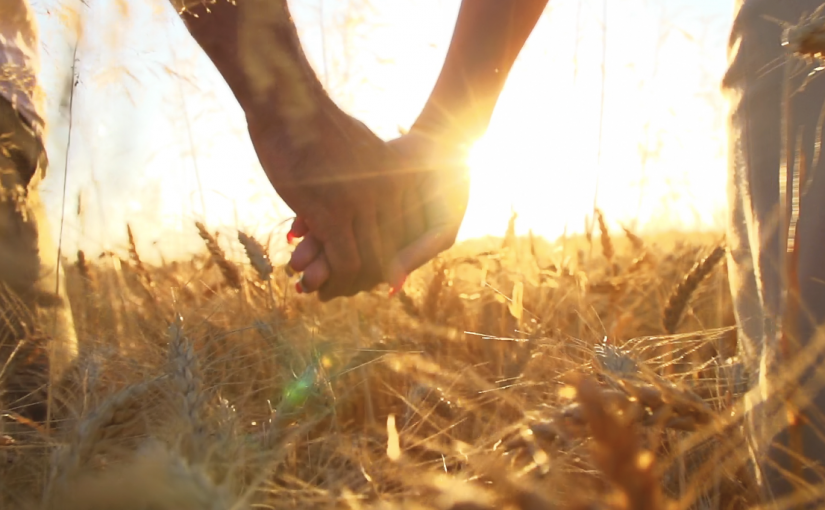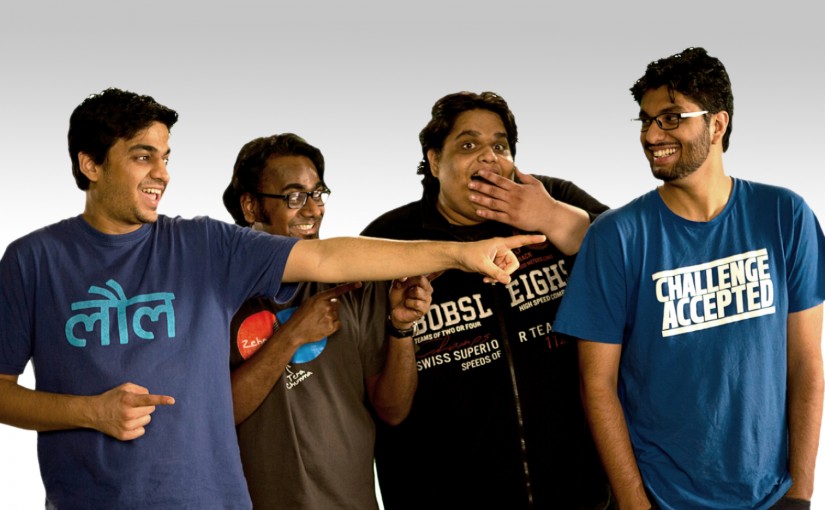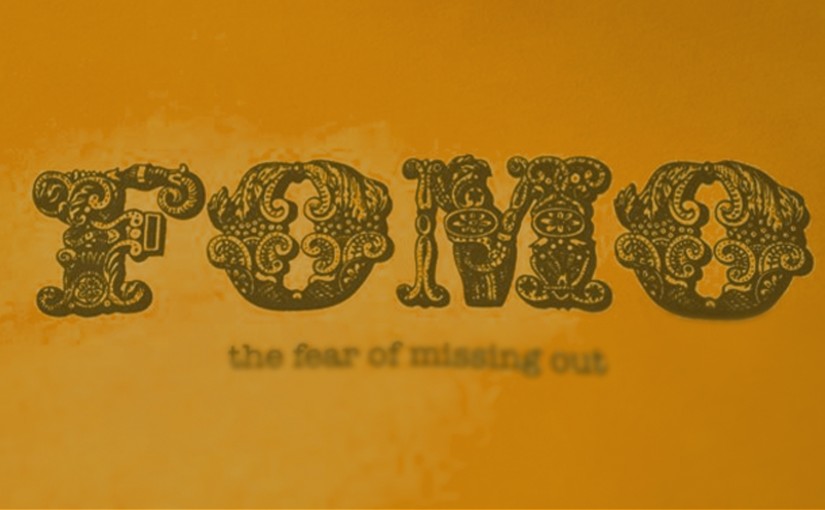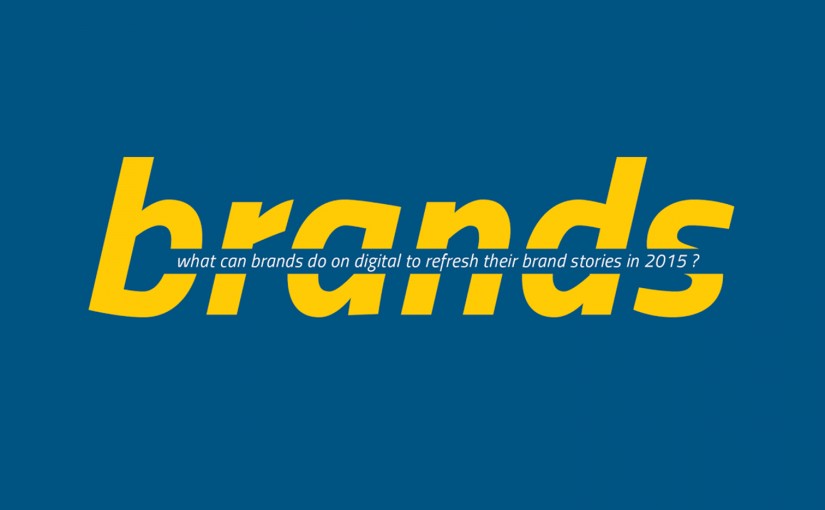Drop us a few lines about the task and we will get back immediately to see we how we can take the discussion forward. Alternately, just pick up the phone and speak with us at +91 9910034330 and we would be happy to help.
- - Do tell us a little about the nature of your business.
- - Be specific about what you’d like us to help you with.
- - Knowing your budget always helps us plan a suitable intervention.
- Blog
Blog the Talk, Edition 5: The Social Media Journey: Where are we?
-
Blog the Talk, Edition 5: The Social Media Journey: Where are we?

Blogworks – Blog the Talk discussion series was conceived to feature the best of learning from the ‘live web’ through panel discussions, talks and one-on-ones – mostly conducted online.
The New Year brings with it a new association, Blog the Talk series is presented by Ideafarms, an IT smart-sourcing company, providing enhanced business value to its globalised clients, through disrupting thinking and innovation.
In association with IMPACT – the marketing, advertising and media weekly.
Joining me for this edition are my friends, Toby Bloomberg and Dina Mehta. This episode is 360 degrees for this series, where Toby is concerned. Regulars on this blog would remember that we started this series with her end December 2006. Toby has become a friend and guide in the year and a half since I first interacted with her through her Diva Marketing Blog.
Not that either of them need an introduction, but here goes anyway ;)
Dina Mehta, Mosoci: Dina is a qualitative researcher and ethnographer. One of India’s earliest bloggers, she has contributed to building several communities on the internet, such as Tsunami Help, Katrina Help amongst others. Dina is a regular speaker at top international conferences on mobile spaces in India, social collaboration technologies, social media and adopting online social tools for research. She runs workshops that help organizations frame research and strategy for a web 2.0 world. Dina is based out of Mumbai.

Toby Bloomberg, Bloomberg Marketing: Toby is president of Bloomberg Marketing, a strategic and social media consultancy based in the U.S. She has been a real live Blogger since the spring of 2004. As one of the most recognized consultants in this space, Toby’s passion now is helping organizations navigate and developing social media strategies that support their business goals. Toby is based out of Atlanta, USA.
Like always, I will moderate the discussion. However, what’s different this time around is that there aren’t the standard questions and answers, but a free flowing conversation with perspectives on where we are, on the social media journey – in context of consumers, brands, organisations, markets and marketers.
All thoughts expressed by participants are personal opinion of respective speakers and do not represent the views of Blogworks or any other company/ organization.
Rajesh:I have been thinking, it’s a great time of the year to discuss where we stand on the conversational marketing front. Is it really making an impact on the ground, to the consumer and to the marketer?
Dina:What it really means is brands are conversations – markets are conversations.
Toby: I like to remind marketers that people are conversations.
Dina: We were in a world where media was controlled by brands and managers or those who had money. Today, media is owned by the people who use it. There is no Us vs. Them.
Dina: WE ARE THE MEDIA.
Dina: People are conversations – nice Toby!
Toby: Actually, the secret is that the brands and advertisers never did control the message – they only thought they did. But with technology, WE are the media … makes it easier to understand that.
Rajesh: I had a wonderful experience recently, which I also wrote a case study about. I was looking at buying a bicycle and actually went through the entire process with the help of blogs, where a Google search landed me at a blog post with active conversations, negative and positive, taking place between existing users, potential buyers and as a pleasant surprise, the marketer too. The blog allowed me to make my decision.
Of course, the last mile of dealer interaction play the ultimate role on what I call the difference between “Sold” and “Nearly Sold”, but the entire episode convinced me about the impact of the of the social media layer, that is making a real difference on the ground.
Have you had any such instances?
Dina: Thanks Rajesh. I had a similar experience recently when I found a Rconnect USB modem driver for my Mac, not through the Huawei or Reliance websites (the latter, in incidentally said no Mac driver) but through a comment on someone’s blog.
Toby: Very impressive, I am beginning to see more major brands comment back on their blogs.
Rajesh: Yes, brochure sites don’t really help and customers are usually wiser about the product than the manufacturer.
Interestingly enough, I have seen COO of a radio station jumping into conversations, but the tone has been all wrong – all attitude. Maybe it was done on purpose to actually flare up the conversation and get more people to tune in.
Toby: Rajesh, I just sent your link to my friend Tim Jackson of Masi Bikes in San Diego CA. He writes the MasiGuy blog and if Tim picks it up one customer service issue could be spun round the world.
Dina: Some of the things that organisations must start working on in this new brand ‘operating system’ – is first learn how to listen.
Rajesh: At one of the client meetings recently, one of the people from the public relations agency asked, WHO should comment on a negative comment – agency/ client.
My submission is shouldn’t someone RESOLVE the problem and then take the conversation back by commenting?
Toby: My $ would be on the client – its more credible.
Dina: Not the agency or the PR guys – they tend to mess things up. Remember the Silky Kumar case?
Rajesh: Yes, the client should take ownership of the issue and showcase participation. But to me, resolution is the important part and THEN comes the commenting bit.
Dina: It must be written into a brand manager’s role – social media is not where spare cash is thrown.
Toby: Absolutely.
Dina: I think if you start the conversation – and work towards a resolution together with the blogger or reader, its so much more powerful.
Rajesh: You have hit the nail on its head.
Toby: Involve the customer in the process Dina?
Dina: Take Silky Kumar – had I been the PR agency or the brand manager, I would have asked that blogger “Ok, we messed up and we value your views, how might you take this forward. What are your recommendations?” I don’t think anyone should have ‘solutions’ – that’s again going back to a one-to-many world.
Toby: That said how many companies have a process in place to react to this type of new way to hear their customers?
Dina: The point Toby is how many are listening?
Rajesh: The issue is what is the value of the blogger, just the writing? Why not the inputs? Those are far valuable.
Rajesh: They are BEGINNING to listen, I can tell you that much.
Toby: I’ve been finding that more are listening but they don’t know what to do with the information
Dina: I was with Mid-Day the other day and told them Rajiv at Watblog.com had written about some plagiarism their publication was caught out doing – they had NO IDEA.
Toby: I heard 2 F-100s, which have social media tactics in place, recently say they were trying to understand how to talk to the bloggers within the bloggers’ world and that they are bringing in someone who understands the space- people who have experience in relevant verticals. For example, healthcare has been slow to enter this space, but at a conference I spoke at recently everyone a room of healthcare marketers knew what RSS was all about.
We had to change the session before we began. We built it too elementary :).
But at the same time I’m still finding that people in organizations where one would assume they have knowledge about social media do not.

Dina: The challenge I find here today is even more basic.
Even an organisation like Unilever, which tom-toms its success over something like Sunsilk GOG, do a simple search on ‘shampoo’ on Google.co.in and they don’t figure anywhere there.
Toby: I’ve been asked to speak to a marketing division of a Fortune 100 technology company. The CEO is blogging, but the staff people don’t know anything about social media, let alone what RSS is all about.
Dina: I feel a lot of us keep talking about blogging, and that’s quite daunting to them, but even if they learnt how to listen and started having conversations, that’s a huge step ahead.
People are not having conversations around their brands at all – all the conversations are within their walled gardens.
Toby: I’m seeing that too.
Toby: Companies who have a blog or build a community might address comments within that environment, but they rarely venture out into other people’s blogs.
Dina: THAT’S the problem, if all you do is run your own corporate blog – you will get nowhere, unless you step out.
Toby: Delta launched a blog this summer. They seem to still be finding their ‘blog wings’ but they are listening and responding to comments.
Rajesh: Even that Dina, where are the corporate blogs? It’s mostly entrepreneurs are blogging, corporate blogs are just about beginning to emerge.
Toby: It took a few years for the corporations to step into the space in the states. The auto industry seems to be more visible than any other. Also the Not for Profit(s)- very creative work.
Dina: I feel just talking blogging restricts us, social media is much more. I was telling Levers – even if it’s a detergent used in rural areas, why not bring alive little videos of all the ethnographic work we do there? Share some of those ‘stories’
Am realizing myself that approaching this whole thing from a blogging angle is very restrictive and gets loads of barriers up – it’s about giving up power and control or conversely yielding much more.
Rather than that, have platforming strategies, not blogging strategies – they do small things – little things. Get themselves ranked up on Google
Remember the Coke – Mentos stories? Thousands of users just made those videos. Coke is also on Second Life. They are going where the users are.
Rajesh: But still tactical, no? My point is unless this fits into the strategy; and all brands need a unique strategy, for they are unique.
Dina: Yes, absolutely, sooo…. every brand today needs a social media strategy, not just a blogging strategy.
Rajesh: It is about an overall business/ marketing strategy and INTO THAT seamlessly fits in the social media strategy. Unless that happens, it is tactical.
Toby: “It wasn’t until I started developing our 2007 strategic marketing plan that I finally figured out my problem: I was trying too hard to develop a social networking strategy instead of incorporating social networking into my marketing strategy.” Quote from an interview I did with the VP of Marketing, Goodwill of Greater Washington – Brendan Hurley.

Toby: Goodwill is a not for profit.
Dina: I wrote this piece for campaign India recently. “Why should we care as advertisers and marketers – all media is now social.”
Key points:- Social tools of the digital generation have empowered people in such a way that all media is now social. They can repurpose it, comment on it, send it, and move it back and forth. And the sharing of opinions around it is accelerated.
- Today, media is owned by the people who use it. The lines between producer of messages and consumers are blurring. This is a many-to-many world, where traditional media rules do not apply anymore.
- Merely pushing messages to your customers or target consumers will not work. Organizations which will win are those that more easily enable individuals to build relationships and communities with people they trust.
- Your teams must participate and engage your influencers and communities in their spaces, and not yours.
- Do you as a brand manager know who your top 150 influencers are? Have you got strategies for them? Are you prepared to acknowledge the risk that they may rant and not rave, still taking that leap of faith, because of the opportunity for open dialogue you have created?
Rajesh: We are now clear about tracking influencers on two parameters:
- Comments
- Interests
Dina: Tags are so beautiful here, as a technology that enables this.
Toby: Links as well.
Rajesh: Then how can we reach into their knowledge and get them to join our brand development process. I am sure you have seen the movie ‘Big’, stars Tom Hanks. No one knows which toy will work, better than a kid.
Toby: Love the part where he goes into FAO and plays.
Rajesh: At many workshops we conduct for brands and corporates, we play a bit with tweetVolume that allows you to check buzz around keywords – it’s fun, except that we still have less than 600 people on Twitter from India. That should change this year…
Rajesh: You are into Research, Dina. What will Mosoci do?
Dina: What we are planning with Mosoci is to help companies reframe value in a web 2.0 world, through immersions and research; through facilitation of futures and scenarios; workshops, boot-camps etc. At the Mosoci blog, we are putting in our life-streams, it’s an aggregation of our personal blog posts, we have our bookmarks through Furl, we have our Tweets, Facebook contact et al.
Toby: Rather like a master dashboard.
Toby: If it could reside on my browser, where I could access what I wanted when I wanted.
Dina: Much like Facebook is becoming one of my key dashboards today.
Toby: One of the downfalls of so many communities including Facebook is there is no outward RSS.
Dina: Facebook is searchable now though on Google – RSS will come, am sure.
Toby: So how many social media communities/applications can one belong to, without getting overwhelmed?
Rajesh: I have stopped bothering. I go, test, and see if it will grow to critical mass and it is relevant for our clients.
Dina: I ask myself – what are the folks who are MY influencers doing?
Rajesh:Absolutely.
Toby: How many Facebook groups actually have discussions going on?
Rajesh:Few.
Dina:Facebook discussions are bad, because there is no RSS.
Toby: Creating communities is not easy.
Rajesh: I have a question for both of you. Been thinking about this…
Rajesh: Facebook has a different tone – it has become fun + work. So on one hand there are many new influencers, my friends and members on groups, and they impact my choice of movies, music, restaurants etc. Does however, the traditional influencer’s, influence, get diluted based on the somewhat casual nature of the platform.
For example, a top movie critic friend of mine writes a popular movie blog. Her word carries a lot of weight. Does her word get mixed up with the crowd and its value lost somewhat?
Dina: FB is another way of tracking your community’s life-stream. I adore the fact that at a glance I can tell what all my buddies have been up to. It’s about relationships, not content I believe. I prefer my blog for content.
Rajesh: But both are real in today’s big environment…
Dina: And I don’t do it – but should – like Scoble, put a link to all I read and all I write in FB. Content in a vacuum sucks.
Toby: BTW, Scoble got knocked out of and admitted again into Facebook.
Read these posts : 1, 2, 3
Rajesh: They are the in the eye of the storm right now for so many reasons. Many of them are justified in ways.
Toby: I’m speaking at a conference and was asked to partner with another speaker. We ‘added’ each other on FB. When I went into see ‘who’ he was, I realized that I knew only one of his friends. I know right off that we come from different ‘worlds’ and will probably approach this presentation from different perspectives – a piece of information I might not have realized prior.
Rajesh: But, in your opinion is the influencer’s opinion diminished in value because of the casual nature of a FB platform?
Dina: FB in isolation won’t work.
Toby: I would think it would be enhanced.
Dina: Hmm … is Scoble’s influence diminishing with FB? Has he quit tweeting and blogging because of FB?
Dina: Or have I?
Toby: Mine is simple … another piece of the puzzle is revealed understanding who the influencer is and what may be important e.g., groups, friends, polls taken, etc.
Rajesh: The question is does what he says on FB, taken with the same seriousness?
Dina: I read this book recently – The New Influencers – nice one really. Facebook makes us HUMAN.
Toby: Don’t blogs make us human also?
Dina: My early days online, 2002 I think, the first network I joined was Ryze, even before I started blogging and what I loved were the soft human profiles and that I had my own page I could call my own there
Then when I started blogging, I said my blog is my social network. Our blogs are morphing too – as many of us are now beginning to see them as vehicles of business in some way or the other. What I miss is the chitter-chatter, which now FB and Twitter give me.
Rajesh: Someone said on a Podcast on Social Media Todayand I quote, “Blogs are like reading someone’s homework and Twitter is like walking back together from school with friends”.
Toby: Wow, I like that.
Dina: Yes, it’s like those telephone calls too we used to make with our friends right after getting back from school
Rajesh: Ok, now that brings me to another interesting topic. My favourite in many ways…
Communication – the net, the mobile phone, blogs, that new printer that allows you to print ONE COPY of a sexy brochure – has, I believe, significantly bridged the divide of size. Today a smaller business can dare to start a business against a much bigger rival.
Please share your experience – as businesses, and business advisors.

Dina: I have got more paying business than ever before – simply because of my blog.
Toby: Actually, for me social media is taking it in the opposite direction- the bigger is getting smaller.
It was fairly easy for the small business owner to know her customers and for customers to know the people who made up the company. However, to know the people within a large corporation is/was a different story.
Now large organizations are catching up to small businesses in terms of building relationships with customers and as important customers understanding the people who, as I say are the heart of the brand, the employees.
See this.
Dina: So Toby … is it that small businesses have learnt to tell better stories?
Toby: The ironic aspect is that with the onset of technology, something that is so impersonal, we are creating the most intimate of relationships that combine both aspects of our lives – business and personal.
Dina: I used to work all alone previously and felt DEAD mentally. There was no stimulation. I got into blogging early, around 2003 and that got me involved in so many new areas – let’s take the example of Knowledge Management.
I formed networks and communities all informal, of course, and loosely-joined – kept learning, sharing, learning, sharing and then i realized I was beginning to get work because of my search rankings.
But my biggest reward, beyond business and money, is that I feel i do not live or work just in India. I have such an amazing community I can fall back upon.
As an advisor to a client on say branded ‘atta’ – flour – how can the company engage with the recipe bloggers.
Toby: Question for both of you. Which leads to how do you engage with bloggers who may be influencers for your brand? What does a good Blogger relations program look like to you?

Dina: Am working currently with a print media house … some of the things could be – for them to sponsor some of these blogger bar-camp things
Dina: Get some of the bloggers into print too – that’s motivating to them – say a good travel Blogger – print her piece once in a while.
It’s also deeper than that … it’s the culture of transparency – of giving up perceived ‘control’ and power.
Toby: as you said at the onset of this chat – involve the people in the process. What will be of value to them?
Dina: The media company wanted the bloggers to become ‘contributors’ with contracts – told them it won’t work. Go to where the bloggers are, rather than trying to bring them into your space.
Rajesh: Agree, aggregation might work.
Toby: Does that mean building a new community for established bloggers won’t work?
Rajesh: Why would I move to a new community, when I have a community of my own? Aggregation works better.
Dina: The way I see it is, you can aggregate content – but if you want the a-list guys who will drive traffic back at you, they will not give up their spaces for yours.
Dina: So say for a newspaper who wants to go online – I would say don’t create a ‘venue’ for them – a portal for e.g. – portals are dying.
Dina: Why should i join say a Times of X Blogger Community? I would rather that they aggregate my content, with my permission. In return i wear say a badge, saying I am part of the TOX family and drive traffic back at them.

Rajesh: The way we are approaching blogger relations is that bloggers are close to the pulse of the consumer and insights from them could bring tremendous value for any brand.
We attempt to seed a relationship with you where we would be delighted to hear your feedback on youth trends, feedback on our product marketing and communication – both directly and through their writings.
Get the marketer to engage in transparent conversations; get the blogger-influencers- evangelists to participate in the actual product creation process.
Toby: Steve Rubel posted this on 10/4 – How portals will win the social network wars –
The portals own the glue that keeps many of us connected to our structured social networks (e.g. Myfaceborkutspace) and the looser ones – e.g. a personal network of contacts. And that glue is a trusted communication system that works with every person and social net.
Rajesh: Portals have an opportunity. In fact, they have the numbers and they can, if they connect the users with ALL OTHER USERS, then they can be an FB + Amazon + Ebay + a bank + LinkedIn+ whatever you can imagine.
Dina: Toby … is FB a portal? I see it more as a platform.
Toby: Steve seems to define it that way.
Dina: When these portals open up their APIs, they are allowing users to build them. So you have these 1000’s of applications coming up every day – they are platforms in my mind, not portals like say – Sunsilk Gang of Girls.
Rather than thinking of taking your newspaper online, think about creating a platform where anyone can create and customize their own newspaper. Not just one newspaper – but potentially 100’s of newspapers, around different topics of interest.
Rajesh: That’s already happening on RSS readers, isn’t it?
Dina: Yes, we do it with Google Reader today.
Toby: I understand the Atlanta Journal, a local newspaper, is developing that to be launched soon. They will allow you to create your own online newspaper from feeds and I think (I’m not sure) bring in feeds from outside the site.

Rajesh: and SHARE it with the world? as a Rajesh Lalwani Times? Is that the thought?
Dina: Also, think of this … with all these mini newspapers – think of how well you can target your advertising!
Toby: That speaks to your open source. Well btw… I subscribe to the Sunday NYT. It’s a ritual to take time Sunday morning to get a little news print on my fingers, but on a daily basis I read the Wall Street online.
Dina: Print media in the US is dying, but in India it’s still a growing field Toby and I get two newspapers delivered home daily. We are touch and feel people.
Toby: Right. I still like sitting in my little patio (weather permitting) with a cup of coffee and holding the paper newspaper.
Rajesh: At that touchy-feely note, time to close this edition of the discussion.
Like always, the story is what you add to the conversation… go right ahead.
Cheers.
If you enjoyed this edition and are eager to read more? Read
more here.Disclaimer: Views of authors are personal and do not represent the views of Blogworks, or any of its clients.
-
Contact
conversations@blogworks.in
+91-9910034330 -
Newsletter
-
Social



